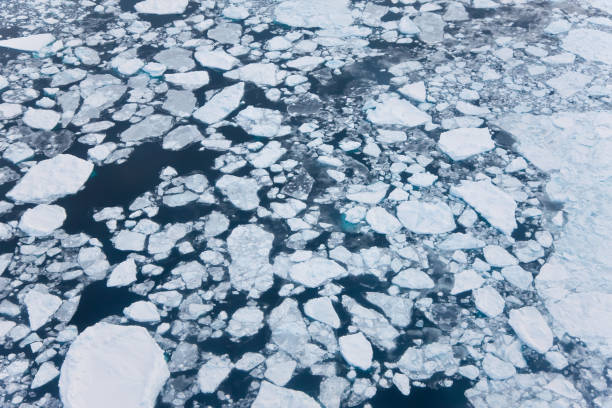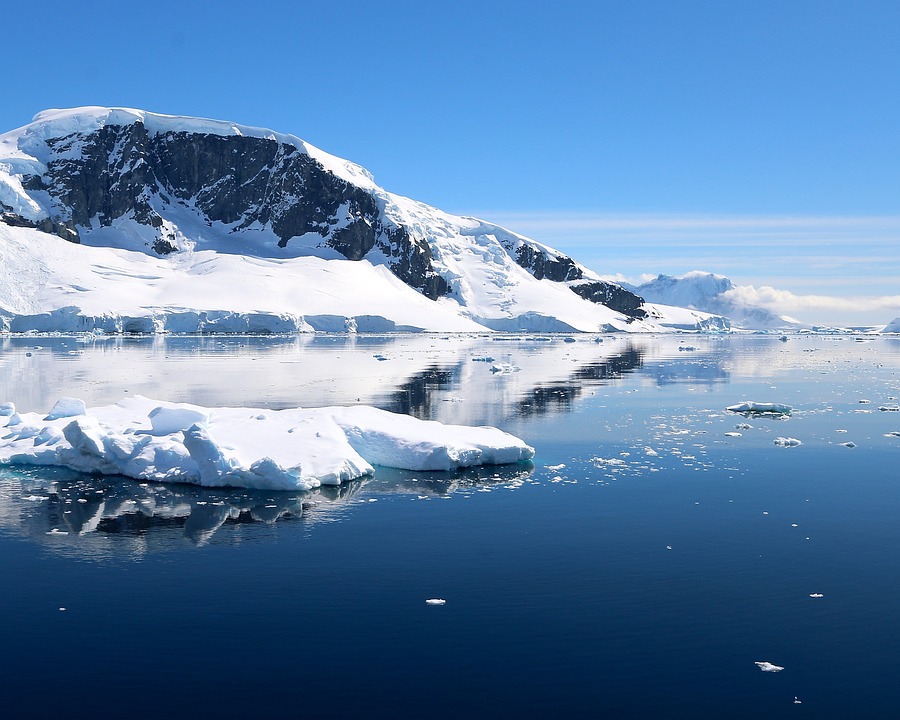Polar ice sheets play a critical role in climate tipping points, as highlighted in new research.
These vast expanses of ice, which include the Greenland and Antarctic ice sheets, hold over 99% of Earth’s land ice and are essential to regulating the planet’s climate systems.
However, their behavior under warming scenarios remains poorly understood, contributing to significant uncertainty in climate predictions.
Tipping points represent thresholds in Earth’s systems that, once breached, lead to large-scale and often irreversible changes.
Polar ice sheets are among the most vulnerable, with low-temperature thresholds making them susceptible to rapid transformations.
Furthermore, their interaction with other tipping elements—like the Amazon Rainforest and Atlantic Meridional Overturning Circulation—can create cascading effects that disrupt global climate systems.
Using a conceptual climate tipping model, scientists explored interactions between key components of the climate system under warming scenarios of 1.5°C and 4.0°C above pre-industrial levels.
The study revealed that changes in polar ice sheets are major drivers of uncertainty in projections. At 1.5°C, significant shifts are already evident, and at 4.0°C, multiple tipping points are likely to be crossed.

Jonathan Rosser, lead researcher from the British Antarctic Survey, emphasizes the critical risks posed by tipping points. “This study helps focus research on areas that contribute the most to uncertainty about the future,” he notes.
Reducing uncertainty through advanced modeling, observation, and theoretical analysis is crucial.
An improved understanding of the polar ice sheets could refine predictions and inform precautionary measures to mitigate potential tipping cascades.
The research also underscores the importance of early action to limit global warming and prevent breaching these critical thresholds.
As the Intergovernmental Panel on Climate Change (IPCC) highlights in its 2023 synthesis report, global warming is more likely than not to reach 1.5°C shortly.
Policymakers must consider the risks posed by tipping points when devising strategies for a sustainable future. Understanding and protecting polar ice sheets are vital steps in safeguarding the stability of Earth’s climate systems.

